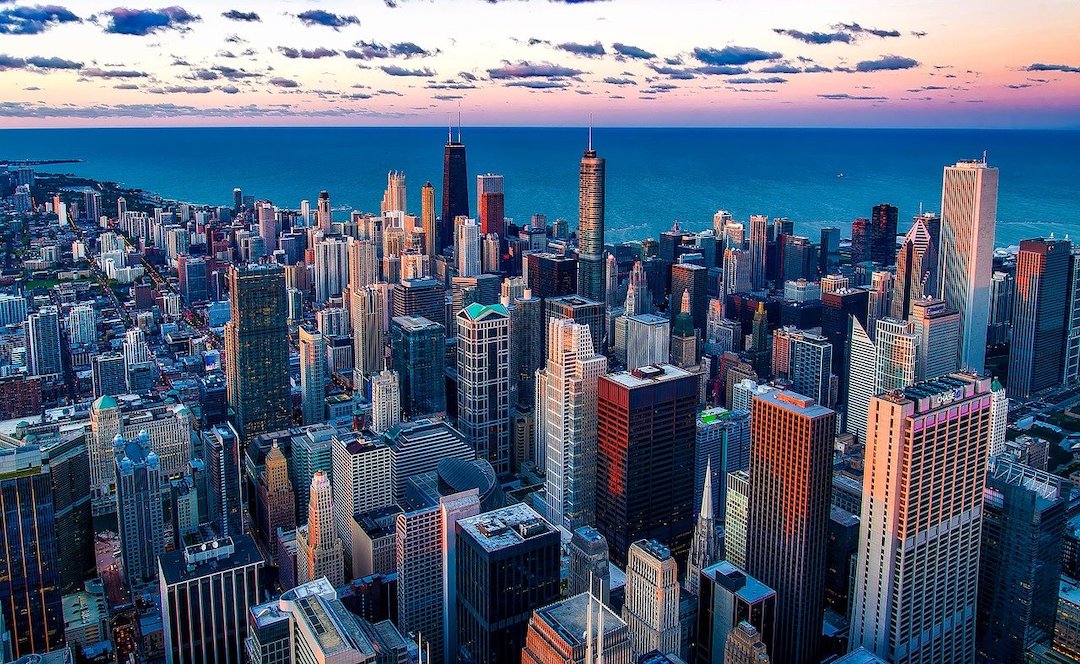Chicago is a city with a long and storied history, stretching back centuries and steeping the place in stories, lore and intrigue which many of its modern residents and visitors may miss.
It is always worth scrutinizing the past in order to inform the decisions we make for the future, so here is a look at how the curious-minded amongst you can go about achieving this in an engaging and elucidating way.
Interconnectedness is essential to success
Like a number of cities in the US, Chicago’s existence is largely attributable to the emergence of technologies which allowed isolated areas to be made accessible over long distances. The dawn of the steam age and the rise of telecommunication meant that its geographical remoteness was no longer an issue, yet without the dawn of modernity all of the towering skyscrapers and popular attractions seen today would not have become viable.
Arriving in the city via Union Station is a good way to gain an appreciation for what fast travel and communication mean to it, and goes some way to explaining how the 1893 World’s Fair that was hosted in Chicago gained a prominence that endures to this day.
Disasters offer opportunities
In 1871, fire swept through Chicago and destroyed much of the city. While two centuries earlier the Great Fire of London had been overlooked as an opportunity to reconfigure an ancient city into one more appropriate for contemporary living, the citizens of Chicago did not make the same mistake.
The upshot was that, phoenix-like, the city rose from the ashes and was able to capitalize on what might otherwise have been a catastrophic set of circumstances. Buildings were remade bigger and better than ever, and the growth and relevance that Chicago represents in the 21st century owes a lot to this 19th century conflagration.
Nature can be tamed
While fire has been a hindrance as well as a help, water has proven a much more manageable element in the history of Chicago, and a walk along the famous river today would not reveal the extent to which people have toyed with it over time.
On two occasions the city’s authorities have seen fit to reverse the direction in which the Chicago River flows, both for the purposes of improving sanitation and to make the often swampy land around it more habitable. Visiting the lakefront and seeing the effects that landfill projects have had, especially after the fire, will let you appreciate the scale of this achievement.
Competition breeds creativity
Chicago has long been internationally renowned and celebrated for the inventions and innovations that it has introduced to the world, and at least one of these is as a direct result of its competitiveness. Specifically, the development of the first ever Ferris wheel was brought about in response to Paris’ Eiffel Tower, proving Chicago was willing to indulge in one-upmanship.
All of the sights and sounds of the city today speak to its history, and it is easy to feel inspired by the progress made many years ago.










